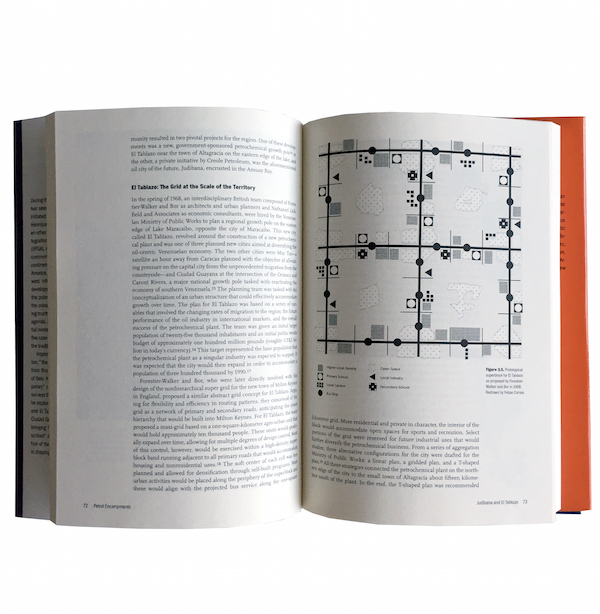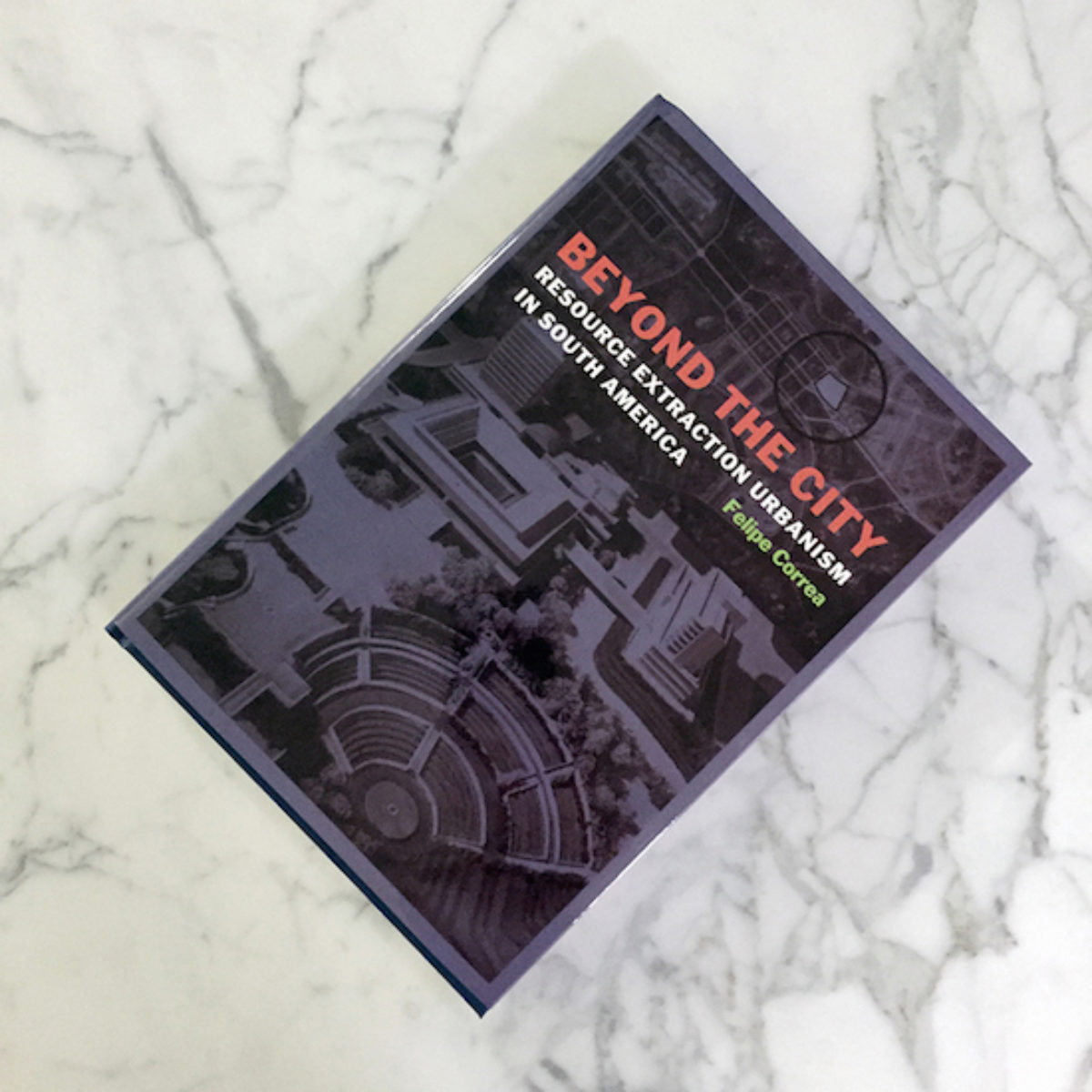Felipe Correa, associate professor of urban design and director of the urban design degree program, has authored a foundational new book examining the roles played by architecture and urban design in large territorial transformation projects in South America.
To be released on June 7, Correa’s Beyond the City: Resource Extraction Urbanism in South America presents five case studies, taking readers from Brazil’s 19th-century regional capital city of Belo Horizonte to the experimental, circular, “temporary” city of Vila Piloto in Três Lagoas. In Chile, he surveys the mining town of María Elena; in Venezuela, he explores petrochemical encampments at Judibana and El Tablazo, as well as new industrial frontiers at Ciudad Guayana.
The result is both a cautionary tale, bringing to light a history of societies that were “inscribed” and administered, and a perceptive examination of the agency of architecture and urban planning in shaping South American lives.
Beyond the City has been praised as “at once the first and the definitive account of how the landscape and cities of the [South American] continent have been shaped by the economy of resource extraction and by the social imaginary it continues to inspire” by Hashim Sarkis (MArch ’89, PhD ’95), Dean of MIT’s School of Architecture and Planning. Mirko Zardini, director of the Canadian Centre for Architecture, calls the book “a timely intervention grounded in key historical case studies that clearly show the deep, interrelated implications of transnational economic policy, urban design, regional planning, and resource extraction to questions of urban, social, and territorial identity.”

Beyond the City ties together a series of spatial models and offers a survey of regional strategies illustrated in the five case studies. In the process, Correa provides historical contextualization for the Initiative for the Integration of Regional Infrastructure in South America (IIRSA), a comprehensive energy, transport, and communications network spearheaded by former Brazilian president Fernando Henrique Cardoso—with the endorsement of eleven other nations)—and considered the most aggressive transcontinental integration project ever planned for South America. As Correa explains, the initiative systematically deploys ten east-west infrastructural corridors, enhancing economic development but raising important questions about the polarizing effect of pitting regional needs against the colossal processes of resource extraction.
To learn more, please visit the publisher’s book page.
